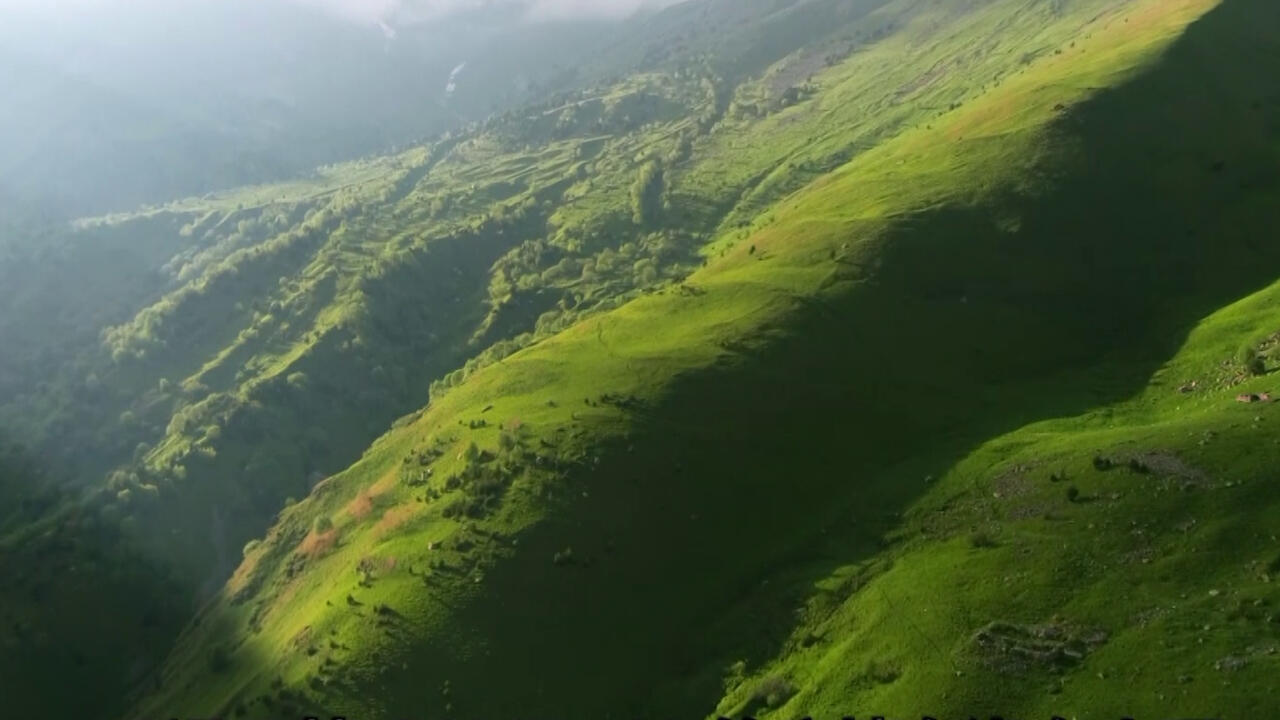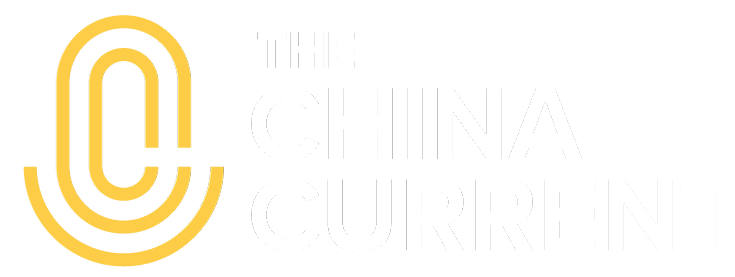我們來談一談另一個方向的措施:就「一帶一路」的倡議你曾經發表過意見,你當時很熱衷地提出這個項目應該「綠色化」,因為這樣置身其中的多個國家才可以引領全球一起「重新啟動」。你在COVID-19疫情出現很久以前已經談及「重新啟動」,現在發生了疫情,它還依然適用嗎?
事實上這是我們五個 The Elders 的領導人與習主席及他的主要官員討論過的題目之一。我們提出要綠化一帶一路倡議,一如你所說,當時仍然未出現疫情。現在這個題目就更有意義了,除了在國內實施減排措施以外,中國還可以通過在一帶一路的能源及基建投資,肩負起帶動其他國家一同減少排放的角色,以可再生能源取代煤炭。為了實現一帶一路的綠化目標,中國應該為項目制定更嚴格的標準,樹立更具體的可再生能源目標和高效能產業。我聽過一個說法,「企業會遵守東道國的標準,中國不會干涉其他國家。」我認為中國可以做多一步。中國可以制定自己的標準,由得企業去遵守這些標準,領導的地位就會自然產生。中國可以在風能發電上塑造出自身的地位,正如我剛才提過通過一帶一路宏大和有視野的規劃,它的潛力將可以以倍數放大
這是不是最終的目標?還是你會認為中國可以以此為起步,朝向更加雄心勃勃的方向發展?
從某個角度來看,中國目前的做法是自相矛盾的。因為習主席在聯合國大會承諾2060之前達到碳中和,我很歡喜聽到他說是「之前」,我覺得很好。不過現時中國在國內和在一帶一路依然投資在煤炭上
在國內投資煤炭,在國外亦然。The Elders 曾經與中國國家開發銀行的領導層會面,我知道中國國家開發銀行是聯合國全球契約的成員。我作為高級專員與聯合國全球契約組織有過很多的聯繫,後來也成為它的一員。可是中國國家開發銀行正計畫投資興建煤炭發電廠,例如其中有5座我相信會在越南,我相信另外有一家企業也同樣屬於全球契約組織,中國華電集團也在孟加拉國、柬埔寨、塞爾維亞和歐洲有投資煤炭發電廠。因此除了中國國內在省級層面實行的措施似乎有一定的誘因,也許中央政府需要再制定不鼓勵煤炭發電的政策。我相信中國可以做到,我也希望他們會這樣做,不要再在其他國家計畫和投資煤炭發電廠了。大家都應該轉向潔淨能源、分享技術及投放在潔淨能源。
中國政府和人民在潔淨能源方面展現出的領導地位,似乎與你所說的 (對煤炭) 依賴性很不相符。我們也看到國際上有評論將之解讀為環保和經濟方面的敗筆之處,情況是不是好比一列在兩條路軌上跑動的火車?
首先,我本人對推行變革所要面對的困難有很深的體會。這不容易。我亦不同意任何一個國家可以評擊另一個國家,因為目前都還沒有一個國家做得夠好。就像我剛才提過的,The Elders 也應該是這樣想。我認為問題是有沒有為參與一帶一路的中國企業制定標準,要求他們在營運的同時要專注盡快轉向可再生能源。這對中國有非常大的好處,有利於中國的經濟,很高興地說這也會對一帶一路國家有很大的好處,協助他們走上正確的方向。
Part 2 – Consigning Fossil Fuels to History
In honor of the fifth anniversary of the Paris Agreement to fight climate change, The China Current presents a special, three-part conversation with Mary Robinson, Chair of The Elders. I’m James Chau and I speak with the former President of Ireland and former UN Human Rights Commissioner about the climate justice she envisions for us all, and the global solutions to a global problem. We live in a time when priorities are rapidly shifting. But, with or without COVID-19, our planet needs saving now.
Let's talk about another step in a different direction. There's the Belt and Road Initiative and you've spoken about this before with great passion about why this needs to be 'greened', so that the different countries, the many countries involved in this network, can lead the world on a different reset. You talked about "reset" long before COVID-19. What happens now that we have COVID-19, does that still apply?
Actually, this was one of the issues that we talked about across the table with President Xi, the Elders, five of us, and President Xi and his top officials. And we encouraged the greening of the Belt and Road Initiative. This is pre-COVID as you say, it makes even more sense now. In addition to China's domestic actions to reduce its emissions, it can play an important role in reducing the emissions of other countries through its energy and infrastructure investments under the Belt and Road Initiative, by prioritizing renewable energy over coal power. And to realize this goal of greening the BRI, China should mandate stronger standards for projects, and set concrete targets for renewable energy and efficient industry. I remember being told, “Companies obey the host country standards, China doesn't interfere with countries.” I think China can go further than that. China can set its own standards, and then companies will comply with those standards and that will give the real leadership. And it could carve out a role in wind and power generation with the potential to, as I say, multiply this capacity through the sheer breadth and ambition of the Belt and Road Initiative.
Is this where it stops? Or do you have a sense that China could be moving in an even more ambitious direction after this start?
There's a contradiction in what China's doing at the moment, in a sense, because it's committed now through President Xi's announcing at UNGA [UN General Assembly] carbon neutrality before 2060. And I like that word "before", that's good. But at the moment, both in China itself and in the Belt and Road Initiative, it is investing in coal. It's investing in coal internally and it's investing in coal outside. The Elders met with the leadership of the China Development Bank. I know that the China Development Bank is a member of the UN Global Compact, because I had a lot of involvement as High Commissioner and subsequently in the UN Global Compact. But it's planning to finance coal plants, for example, five of them, I think, in Vietnam. And another company, which is part of the Global Compact, the China Huadian Corporation. It has plans for coal plants in Bangladesh, in Cambodia, in Serbia in Europe, I think. So, apart from what's happening in China itself at provincial level, where there seems to be a kind of incentivizing, which probably just needs central government addressing to de-incentivize coal plants in China, which I'm sure they can do and hopefully will do. But also, not to be planning and investing in coal plants in other countries, that ought to be also moving to clean energy. Share the technology and do it with clean energy. The leadership that China and the Chinese people are showing in clean energy seems to jar as you suggested with this dependency.
And we see it also being interpreted by international commentators as an environmental and as an economic misstep. Is this a case of a train moving along two tracks?
First of all, I have great understanding of the difficulties of a transformative change. It's not easy. And I don't think any country should throw bricks at another country because no country is doing enough as yet, as I just said, and as the Elders would feel. And I think it's a question of, as I say, creating standards for Chinese companies, that are working in the Belt and Road context that require, that they do it in a way that focuses on moving rapidly to renewable energy. It will be very good for China, very good for the economy of China, and happily very good for the countries in the Belt and Road, that they will go the right routes.
Join us on The China Current for this three-part video with Mary Robinson on realizing the inspiration impact, consigning fossil fuels to history, and ensuring that the commitments made under the Paris Agreement are achieved by all, for all. You can also hear the whole conversation on The China Current your preferred podcast provider. I’m James Chau, thank you.

